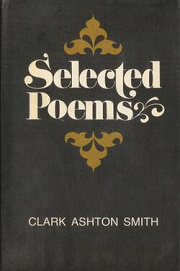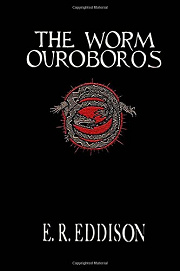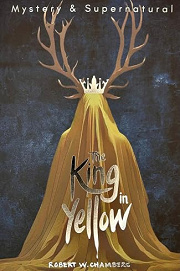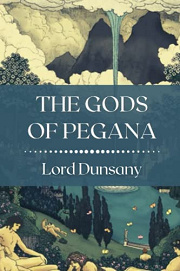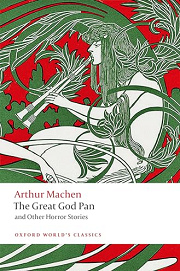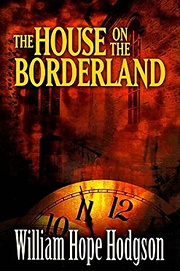Share your thoughts in a quick Shelf Talk!
Selected Poems by Clark Ashton Smith
From star-blasted deserts to opal skies, these poems summon forgotten gods, eldritch ruins, and beauty edged with dread. Selected Poems by Clark Ashton Smith invites you to linger where language glitters like starlight and the uncanny blooms in every line.
Have you read this book? Share what you liked (or didn’t), and we’ll use your answers to recommend your next favorite read!
Love Selected Poems but not sure what to read next?
These picks are popular with readers who enjoyed this book. Complete a quick Shelf Talk to get recommendations made just for you! Warning: possible spoilers for Selected Poems below.
In Selected Poems, did you enjoy ...
... opulent, archaic diction and baroque cadence?
The Worm Ouroboros by E. R. Eddison
If the jeweled, archaic phrasing of poems like “The Hashish-Eater” and “Nero” thrilled you, you’ll sink right into the rolling, trumpet-blast sentences of The Worm Ouroboros. Eddison’s prose sings with the same decadent grandeur Smith channels—battles on Demonland, sorceries in Witchland, and the bravura speeches of Lord Juss and Brandoch Daha feel carved from the same rare ore as Smith’s most sumptuous lines.
... dream-logic horror where art distorts reality?
The King in Yellow by Robert W. Chambers
The way “The Last Oblivion” and “The Eldritch Dark” dissolve boundaries between vision and world finds an eerie twin in The King in Yellow. Read “The Repairer of Reputations” and “The Yellow Sign,” where the forbidden play unhinges Hildred Castaigne and a haunted artist—the same vertigo of unreality, symbolic colors, and decadent dread that saturate Smith’s most oneiric poems.
... invented pantheons and dream-myth cycles?
The Gods Of Pegana by Lord Dunsany
If the mythic vistas of “Zothique,” “Hyperborea,” and “Poseidonis” stirred you—the sense of lost ages and handmade gods—then Dunsany’s The Gods of Pegana will feel like opening a sibling grimoire. Meet MANA-YOOD-SUSHAI, hear Skarl the Drummer keep time for creation, and wander parables that echo the ceremonial, twilight grandeur of Smith’s invented antiquities.
... forbidden rites and sorcery as a corrupting, unseen force?
The Great God Pan by Arthur Machen
Poems like “Song of the Necromancer” and “The Sorcerer Eros” treat magic as perilous ecstasy; Machen’s The Great God Pan maps that same dark radiance onto a modern setting. Dr. Raymond’s experiment, Mary’s transformation, and Helen Vaughan’s trail of unnameable ruin embody the intoxicating, ruinous current Smith hints at whenever his mages summon more than they can master.
... cosmic allegory and visionary journeys beyond time?
The House on the Borderland by William Hope Hodgson
If the apocalyptic vistas of “The Hashish-Eater” and the void-longing of “The Last Oblivion” gripped you, Hodgson’s The House on the Borderland expands that vision into narrative: the recluse’s journal, the emerald Plain of Silence, the swine-things, and the stupendous flight through the dying cosmos read like Smith’s cosmic allegories unfurled into a single, shattering vision.
Unlock your personalized book recommendations! Just take a quick Shelf Talk for Selected Poems by Clark Ashton Smith. It’s only a few questions and takes less than a minute.
